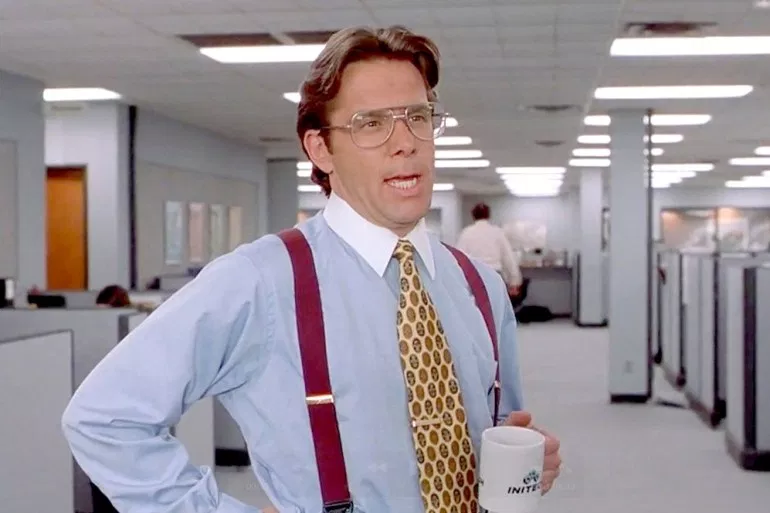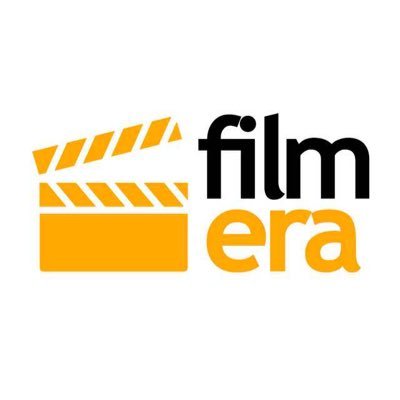It has been twenty years since Milton Waddams’ red Swingline stapler was horrifically stolen by the obnoxious Bill Lumbergh. Since then, Mike Judge’s Office Space has remained a cultural cornerstone thanks to its highly quotable script which has been repurposed in the form of some of the internet’s most popular memes. More importantly, however, the film has managed to stay relevant as a result of its scathing satirisation of capitalism and the American workplace.
Judge has long been a master of finding humor in the mundane, and Office Space is no different. Twenty years later most of the film’s gags hold up, especially scenes involving Bill and his passive-aggressive demands which have been meme’d endlessly by the internet, proving that even today, Office Space remains the most accurate depiction of cubicle life ever filmed. Judge chooses not to date the film with outdated references, instead relying on the humor generated from the relatable office environment which influences the behavior and interactions of each character.
For millennial audiences today, Peter Gibbons (played by Ron Livingston) is the perfect everyman hero. From the very first scene, we can’t help but emphasize with him as his boredom grows into frustration while stuck in a traffic jam on the way to work. He is us, and his quest for retribution against a company that exploits and exploits until it can exploit no more is one that resonates strongly with a generation that itself has rebelled against a traditional workplace and the management that dominates it. If Peter is the perfect protagonist, then Mike Judge also created the perfect antagonist in Bill Lumbergh (played by Gary Cole). Sarcastic, smarmy, and soulless; Bill embodies everything that is “wrong” with the American workplace, according to Peter.
In order to effectively convey this sense of revolution and rebellion, Judge ignored the songs of punk and grunge typically associated with these feelings in 1999, in favor of rap music, a genre that is currently reaching its peak in 2019. One of the film’s most iconic scenes, the destruction of a dysfunctional printer by Peter and his colleagues plays out to the tune of Geto Boys’ Damn It Feels Good to be a Gangster. Like the characters in the film, much of the contemporary millennial audience have also looked towards rap music as a means of escapism and rebellion from the oppressive workplaces that they are forced to work within.
At the time of the film’s release in 1999, Peter’s tale of rebellion against “the Man” was one of pure fantasy. The very notion that a lowly employee would even attempt to disrupt the capitalist establishment and overcome the power and greed of management were unheard of. Today, in 2019, Office Space acts as a type of guidebook for modern workers. The film seemingly predicted our shift to a contemporary shared economy. One where workers are their own boss, able to dictate when and where they want to work through services such as Uber and Airbnb. An economy that takes the power out of the hands of inefficient managers like Bill, and into the hands of the Peters of the world.
To help us continue to create content, please consider supporting us onPatreon


